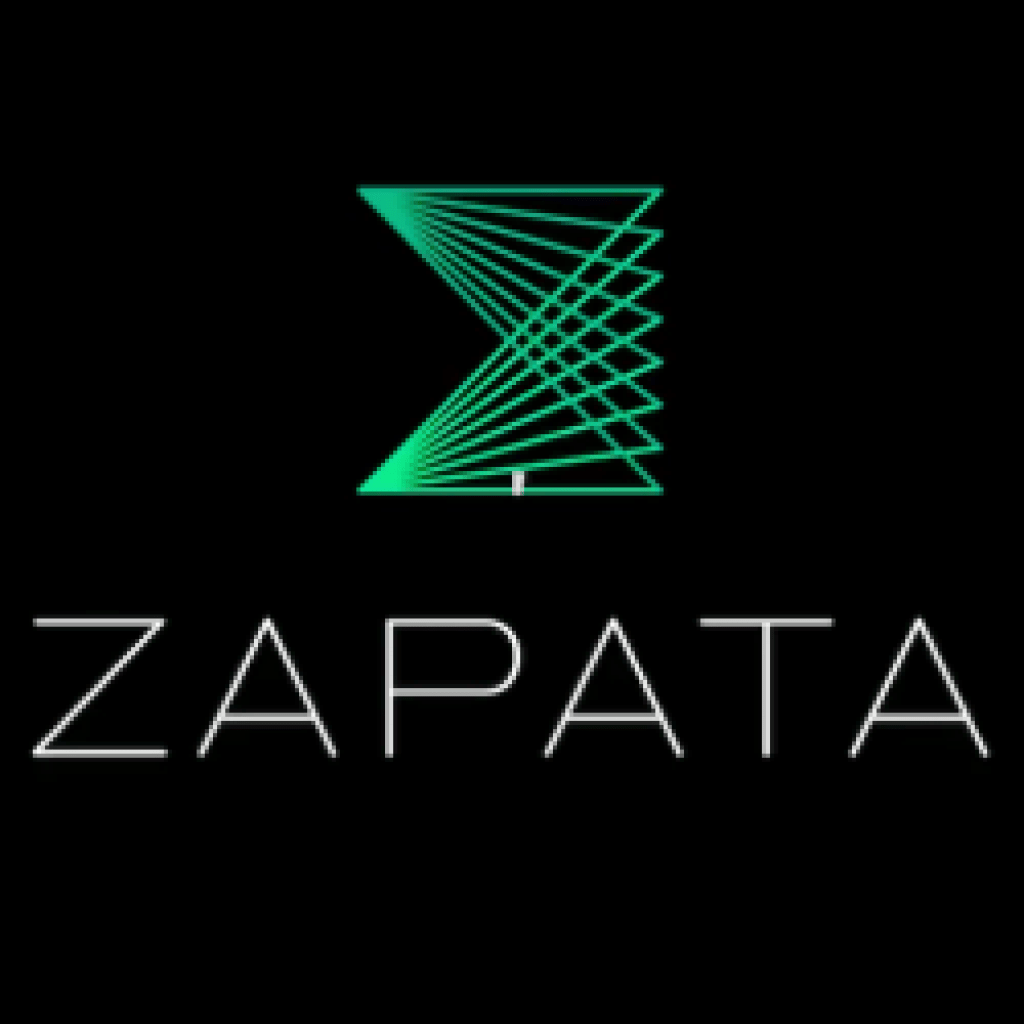(GlobeNewswire) Zapata Computing, Inc., a leading enterprise software company for quantum solutions, today announced new research on computing values with a quantum computer.
In the quest to realize quantum advantage, the Zapata team had previously identified a major roadblock: the standard approach to computing useful quantities with a near-term quantum computer is too slow to outperform classical supercomputers.
As a solution, Zapata has developed a method called robust amplitude estimation (RAE) to compute such quantities more efficiently and accurately. This new method points to a more promising path to realizing quantum advantage with near-term quantum computers.
In a just-published paper, “Reducing runtime and error in VQE using deeper and noisier quantum circuits,” Zapata researchers used their platform Orquestra to implement and benchmark the RAE algorithm on multiple IBM quantum computers. The main finding of this research is that the RAE method outperforms the standard estimation method even when using today’s noisy quantum devices.
“This algorithm allows us to efficiently utilize quantum coherence on near-term devices to not only improve the accuracy of our estimates but to also help vastly decrease the uncertainty in their values,” commented Amara Katabarwa, Sr. Quantum Scientist at Zapata Computing and one of the paper’s co-authors.
Amplitude estimation is a fundamental subroutine in quantum computing. RAE will therefore find a broad set of applications including quantitative finance and quantum chemistry. Zapata has released work in both areas earlier this year, followed by more work along the same lines by others in the quantum ecosystem, such as the recently announced preprint on performing financial calculations on a trapped ion device.
The RAE algorithm converts quantum hardware improvements directly into algorithm time savings. With quantum computers becoming more expensive to use, these time savings translate into monetary savings.
The technical achievement of this work was to show that the genuinely quantum phenomenon of quantum amplification gives speedups with today’s noisy devices. Previously, it was expected that making use of quantum amplification would require quantum devices with large amounts of quantum error correction.
Jens Eisert, Professor of Quantum Physics at Freie Universität Berlin and Zapata Scientific Advisory Board member, commented, “This is a compelling piece of work that is based on a simple yet important insight: variational quantum algorithms, in particular the variational quantum eigensolver, perform a quantum circuit followed by local Pauli measurements. While this approach leads to the desired data, one commonly ends up with too many independent quantum measurements to solve any practically relevant problems in any reasonable amount of time. The deep insight of this work is that one can replace this standard sampling with an enhanced sampling. This procedure will likely become the gold standard in estimation of observables for variational quantum eigensolvers.”
Zapata Computing Publishes New Research on Using Orquestra® Platform to Implement Fundamental Subroutine for Quantum Algorithms
